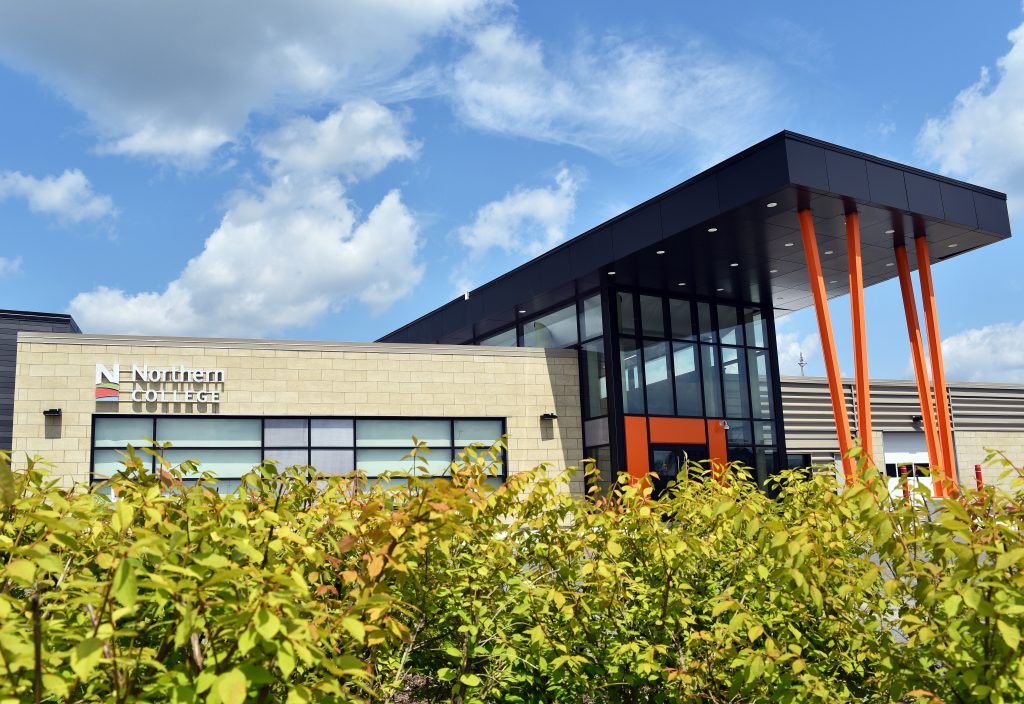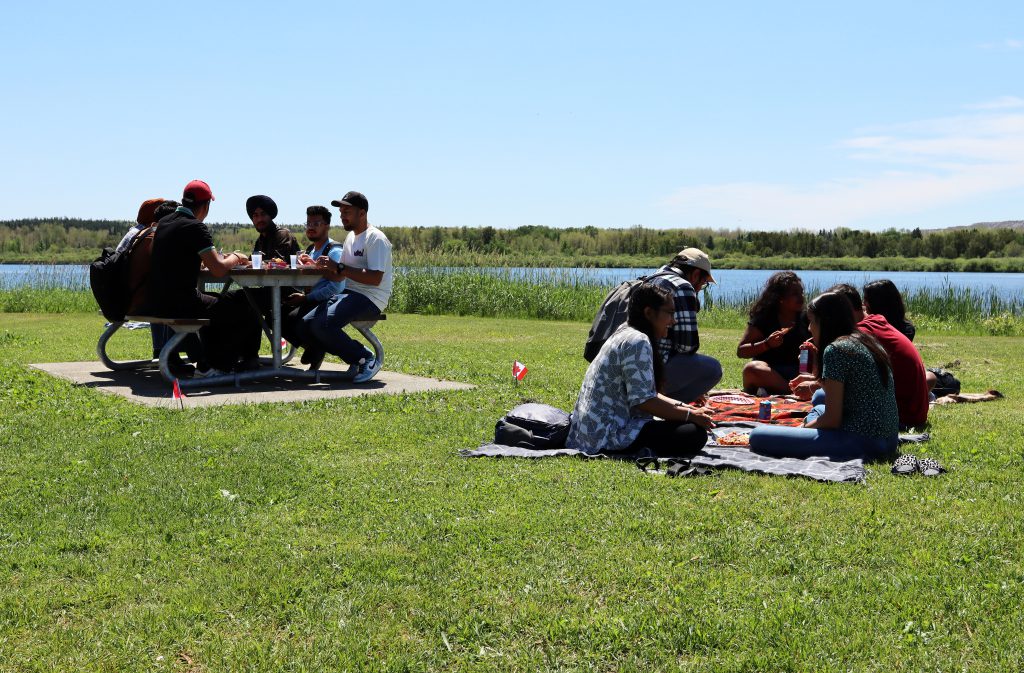Program Specific Requirements & Additional Information
Applicant Selection Criteria
Where the number of eligible applicants exceeds the available spaces in the program, the Applicant Selection Criteria will be:
a) Preference for Permanent Residents of Ontario.
b) Receipt of Application by February 1st.
c) Achievement in the Required Academic Preparation.*
Grade and course requirements are used in the selection process. If applicants are enrolled in Grade 12 required subjects (as indicated above), in the second semester (February to June), Grade 11 marks will be used to assess admission eligibility.
Required Documentation
- Current Basic Cardiac Life Support Certificate (C.P.R. – HCP content) and Standard First Aid Certificate (or equivalent).
- Physician’s medical report as per guide supplied by the College and immunization record including Hepatitis B; 2-step Mantoux (with follow-up chest x-ray if the T.B. test is positive). *
- A recent criminal/vulnerable sector reference check – (within 3 months) is required prior to the start of the second semester.
Note: CPR re-certification, criminal reference checks and immunization updates are required annually. Any costs for these tests/certifications will be the responsibility of the student.
*Northern College partners with Paramed/Placement Pass for submission of clinical documentation required for clinical rotations/placements. An Orientation session at the start of the semester will inform students of the process.
Placement Pass will provide a portal to upload, verify and store all documents, which will be verified by Placement Pass’ nurses and professionals, ensuring accuracy and compliance. Year 1 students can preview the Placement Pass portal prior to the start of studies by visiting Placement Pass – Paramed.
Clinical Requirements
Students will be required to present proof of full vaccination for COVID-19 in order to participate in clinical learning/preceptorship courses required for graduation
To be eligible for participation in clinical training, students must not have been convicted of any criminal offence for which that person has not been pardoned (as outlined in the Ambulance Act of Ontario). An unpardoned criminal record will result in inability to participate in clinical placements and field internship courses and will prevent the student from graduating.
Student paramedics will be required to perform heavy lifting in varying conditions throughout the program. To develop and maintain adequate physical fitness, students have free access to the school gym. Practice labs provide the opportunity for students to demonstrate care in simulated medical and trauma emergencies. The labs are interactive and all students are required to participate in all components of the lab sessions.
A minimum lift requirement is in place for success in the patient care lab component of the program.
Students must be able to lift, carry, push and/or pull an 95 kg (210 lb) patient along with all appropriate equipment on varying surfaces including up and down flights of stairs. These lifts require coordinated movements with a partner and is a critical component of employment as a Paramedic. A Physical Demands Analysis is not readily available for this profession due to concerns surrounding privacy and confidentiality as well as the dynamic nature of the job. Please consult with the program coordinator for details regarding the lift requirement.
Upon completion of this program, graduates must be successful in theoretical examinations set by the Ministry of Health, Emergency Health Services Branch, Ontario in order to be certified as a Paramedic and thus to be eligible to work in an ambulance service in Ontario. The cost for the examination process is the responsibility of the student.
Field Placement
To be assigned a field placement, an essential component of the program, you must have been immunized against Hepatitis B, poliomyelitis, tetanus, diphtheria, and influenza. Students who do not comply with the immunization requirements will not be allowed into the practice settings and as such may not be able to complete the practicum required to graduate from the program. You must possess a valid CPR, Basic Rescuer and Standard First Aid Certificate, and all theoretical and lab course work must be successfully completed prior to field placement.
Equipment
Students will be required to purchase their uniforms and crests, which can be ordered through the college, prior to the practicum experience and should budget accordingly for boots, books and supplies (approximately $1500.00). Placement kits need to be purchased by the student through Sands at a cost of $210.00 (subject to change). Please see your Coordinator for contact information.
Employment Eligibility
Applicants should also be aware of the following qualifications for employment (as outlined by the Ambulance Act of Ontario):
a) For a period of one year before the date he/she commences employment, must not have had six or more demerit points on his/her records by the Registrar of Motor Vehicles under the Highway Traffic Act.
b) For a period of two years immediately prior to the date he/she commences employment, must not have had his/her driver’s license suspended under the Highway Traffic Act.
c) For a period of three years immediately prior to the date he/she commences employment, must not have been prohibited under the Criminal Code of Canada, from driving a motor vehicle in Canada.
d) Must be the holder of an Ontario Secondary School Diploma or equivalent as set out by the Ministry of Education.
e) Must have a valid Class F Driver’s License and be 18 years old.
Mask Fit Testing
This program requires that students wear a full-face self-contained breathing air (SCBA) mask and an approved N95 particulate respirator during certain learning situations reflective of safe workplace practice and standards. To successfully complete Mask Fit Testing to wear an SCBA mask and N95 mask, students shall present themselves for fit testing free from interference of hair where the respirator seals to the skin or neck. Students are required to be clean-shaven or have no hair where the mask seals to the skin.


